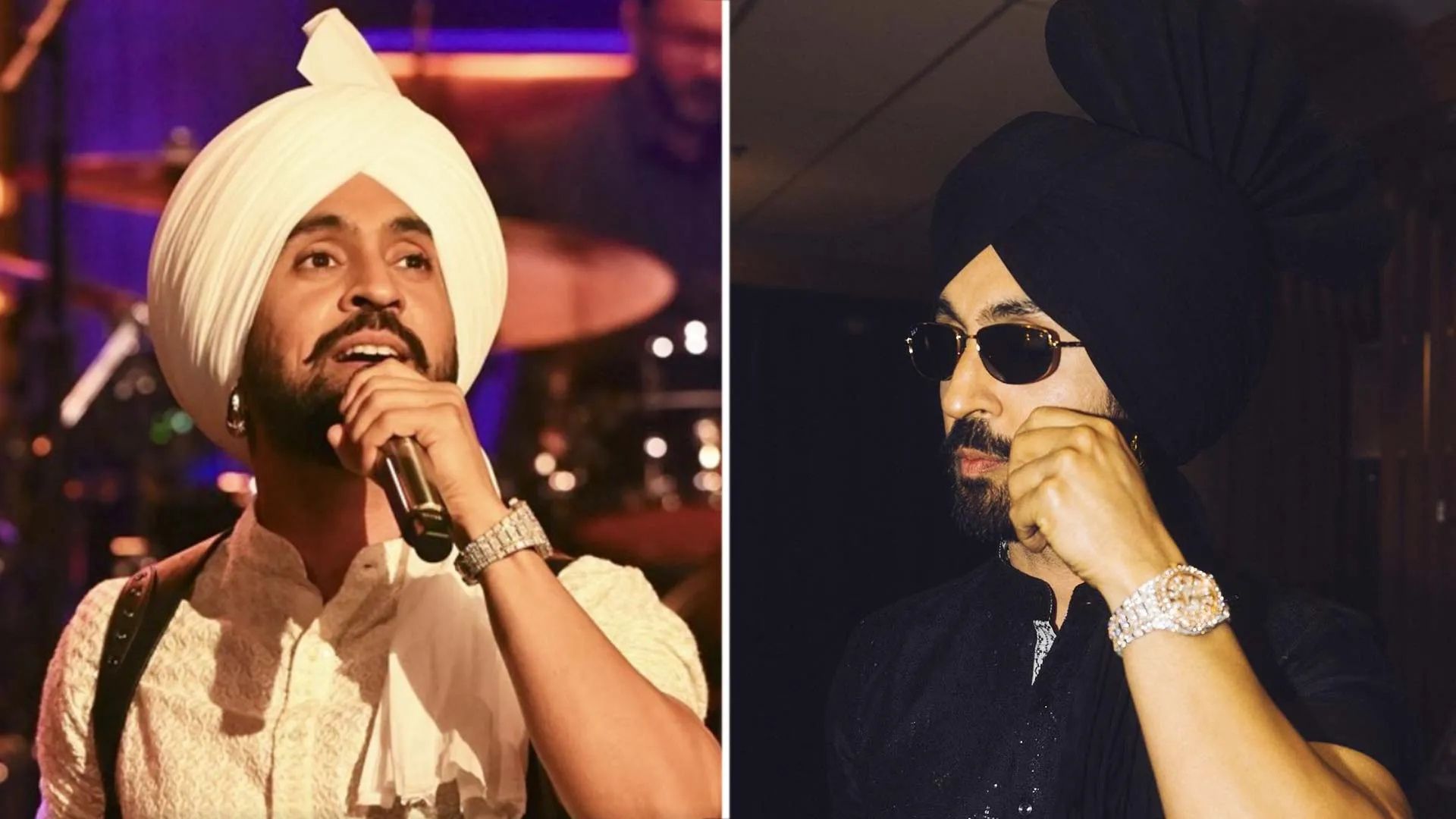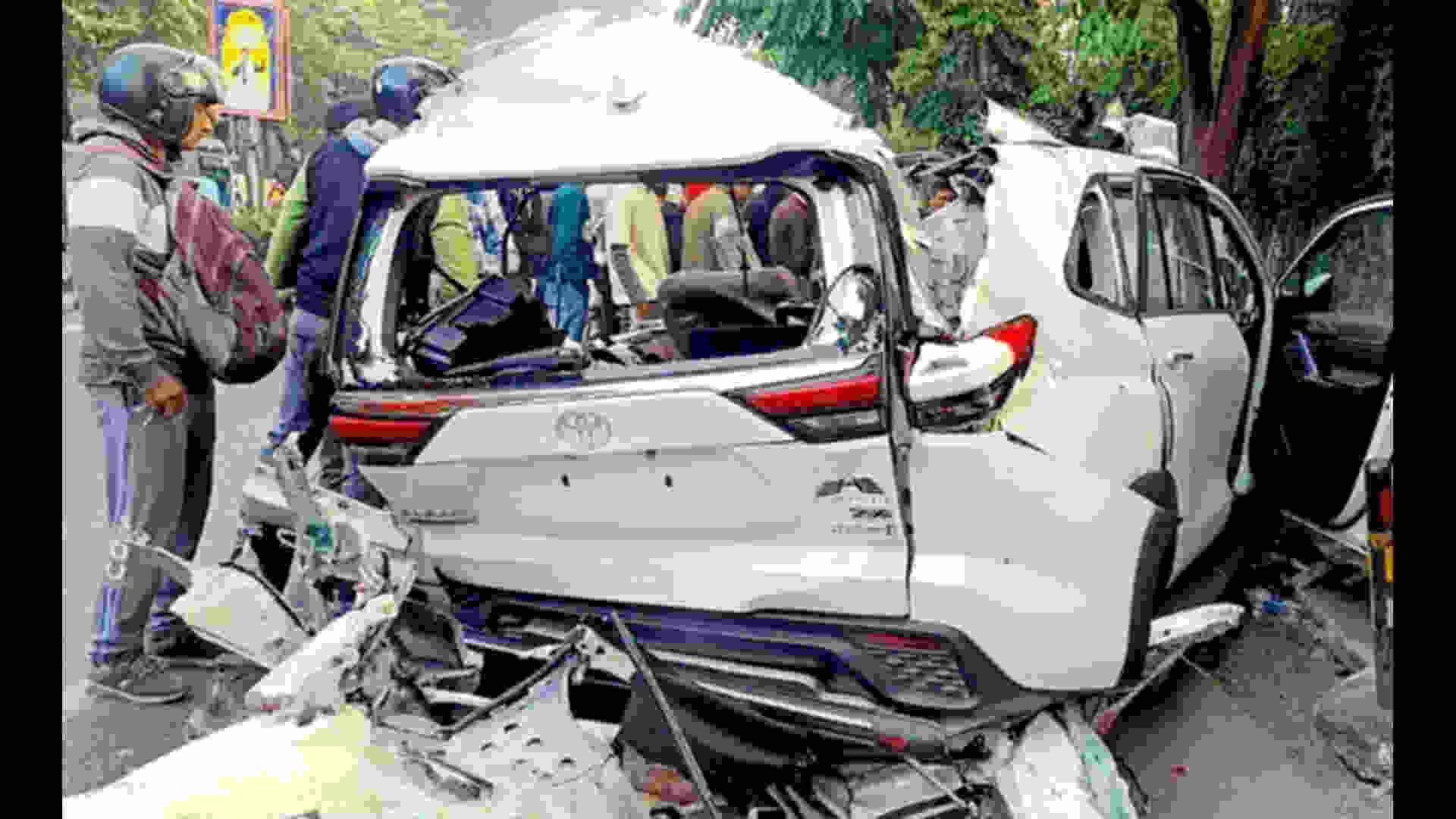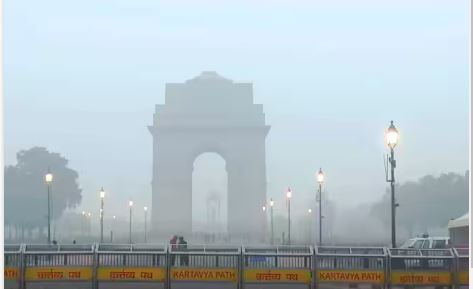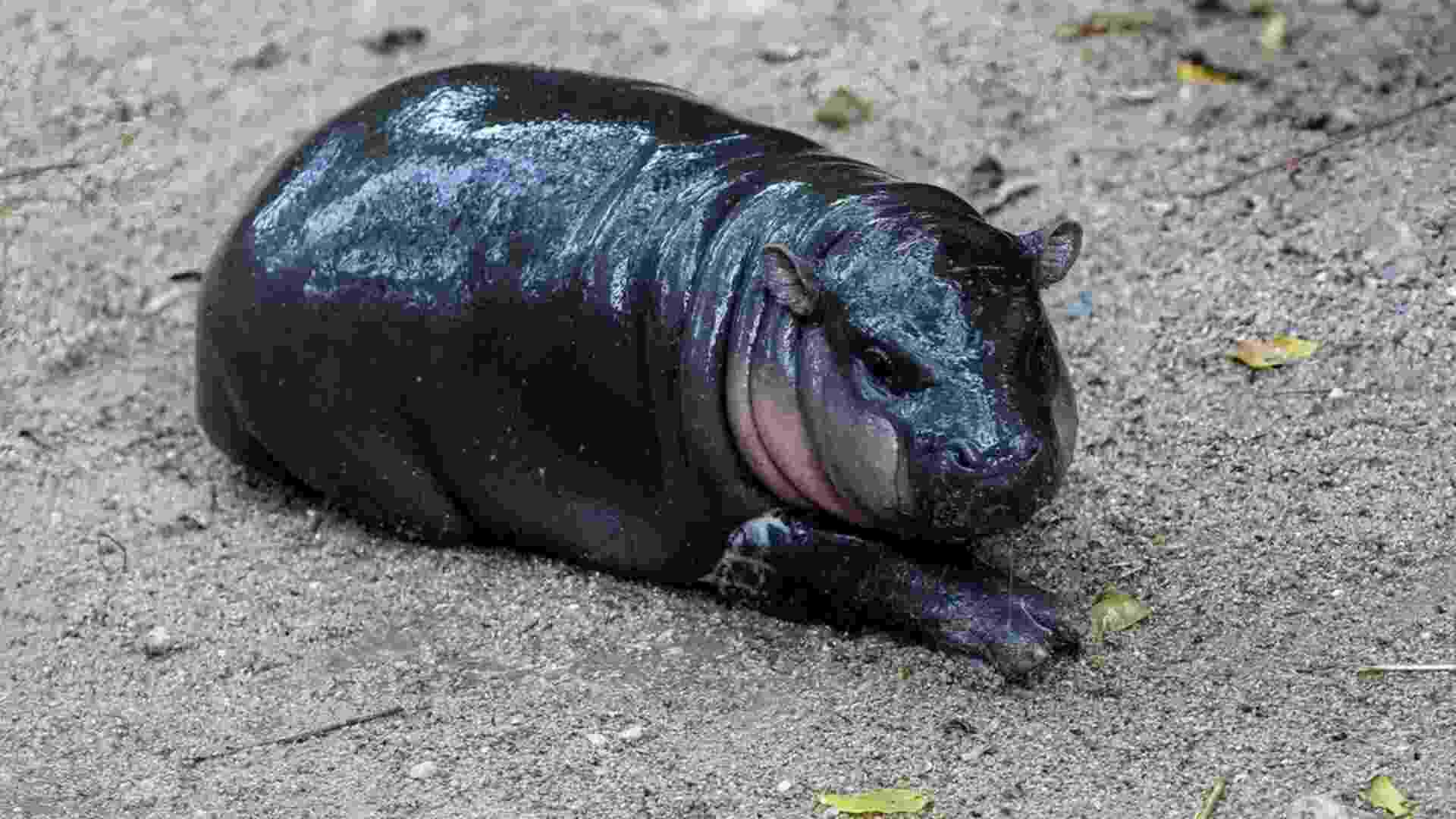
When a person is born to this world, in his birth his death is born. Because in birth, an imprint of death is coded on it. Anyone who is born is to die inevitably. No exception. Though this is completely acceptable that which is born is to die, but this becomes breeding ground of fear of death in human mind. Death keeps on lurking around whole life. Man buries it back into sub-layers of unconsciousness but death keeps on staring at life as a mysterious reminder of the imminent end.
Seers and knowers of truth say that death is the beautiful experience of life and it brings an end to the misery of life and if one receives death in wakefulness one passes to the next birth in wakeful state and his next birth becomes a total wakeful bliss—a blessing.
Like we sleep every night and wake up in the morning, death brings us to the terminal sleep so that we wake up afresh into a new journey. We can live life. Life is always in the present. But our mind does not let us live in the present so we live in our dreams which rob us of the opportunity of being in the total now. In fact, you live in the being totally but your mind makes you live elsewhere. Life is here and now and your mind creates hopes and desires of what-to-be and what-should-be. In them mind gets engrossed, lost and un-lives a life full of exuberance wonder and totality.
In order to be happy you force yourself to remain unhappy and that is your misery. This dispossesses your being of the chance to live simply in the being-ness of being. And in thoughts you live denying yourself the opportunity to live a life that is endowed to you as a gift of God. But deep down you always know that you have a desire to live. The desire to lay in rest in peace one day. The desire to celebrate life one day. The desire to be in the being-ness of life without fear of death. But you keep on running in thoughts to reach nowhere.
Why do man fear death? Fear of death is the fear of all fears. Man fears death simply because he does not live a life and he keeps on postponing life for future, for a tomorrow that never comes. In postponement he invests his present to make a fortune full of future which he thinks to be wealthier, safer and secure than now-ness. He thinks that the present that is invested in the hopes of future will bear fruits that he will harvest one day when he may rest or retire peacefully. In this dilemma man cancels his present. In this dilemma he thinks if death arrives it will wipe out all his dreams, hopes, future fortunes that is what breeds fear. A life fully lived will live a death to its fullest without fear. Because death is also part of life. But death does not kill us. It kills thoughts, ideas, ideologies, future and hopes to bring us to the present. It is said that when a person dies his whole life is rewound in front of him and it takes away all the possessions and belongings that he invested into. This breeds fear. Fear of losing and fear of not being able to fulfil desire instantly. Your thought that you are a body or big bank balance or powerful omnipotent will perish.
To be out of fear you need to understand fear and go beyond it. Fearlessness springs in you when you live fully in your inner being. Once you come to know that you neither are your possessions, name or fame nor are you your body, you fall back to your inner state of being. When a person dies, Hindus say, ‘Atma amar hai’ (soul is immortal). Soul is in fact immortal but it is not a mere slogan. If you understand this from the totality of your being, the cause of fear disappears and the blessing of fearlessness is dawned on you. In fact, to be one with the oneness of being is what when one comes to know that death is a myth. When you know something from the totality of your being, you become one with the totality of its truth. Like Buddhist monks walk on smouldering coal and they know from the core of being that fire wouldn’t burn them and fire doesn’t burn feet.
Fearlessness is a state beyond cowardice or bravery. Bravery is in fact when one is able to transport one’s fears deep down in disguise of bravery. But fearlessness is the state of flowering.
In the Bhagavad Gita, Krishna says, “Nainam Chhidanti Shastrani, Nainam Dahati Paavka (neither arms can cut you nor fire can burn you).” Krishna tells Arjuna to be fearless.
When Socrates was being given poison, he was excited at the prospect of meeting death in an absolute wakeful state and he was becoming anxious. When Mansur Al-Hallaj was being butchered and beheaded for saying ‘Ana-al Haq’ (I am the truth) he was laughing. When Jesus was being crucified, he said, “Father, forgive them; they do not know what they are doing.” Nanak says in Japuji ‘Nirbhau’ (That-Which-Is is fearless). To be one with its oneness of being—That-Which-Is is to be fearless.
In India, the history of Sikh religion is a saga of fearlessness. The ninth Sikh Guru Tegh Bahadur was fearlessly fearless when he was beheaded by Mughal ruler Aurangzeb for trying to prevent Hindu persecution and conversion into Islam and to propagate religious freedom.The tenth Sikh Guru Gobind Singh was the one who established ‘Khalsa’ Panth (the Pure Way) and said: “Sava lakh se ek ladau, tabhi Gobind Singh naamkahau (I let my each one Sikh to fight 125,000 enemies, then my name is Gobind Singh).” Following teachings of Gurus, many battles were won by a handful of soldiers over large armies. In 1897, 21 Sikh soldiers fought an army of 14,000 Afghan soldiers in the battle of Saragarhi that finds no parallels in contemporary world history.
Fear is a manifestation of ego that thinks it to be the immortal centre of the world but it isn’t. Ego disappears when you are immersed into your own state of being which Buddha calls Bodhichitta—pure awareness. That moment wakefulness rises in you and fearlessness flowers in you.
Buddha says, “The whole secret of existence is to have no fear. Never fear what will become of. You depend on no one. Only the moment. You reject all help, you are freed.”
In fearlessness one knows that there neither is anything to be afraid of, nor to be brave about and that there is no death.
The author is a spiritual coach and an independent advisor on policy, governance and leadership. He can be contacted at arunavlokitta@gmail.com.















